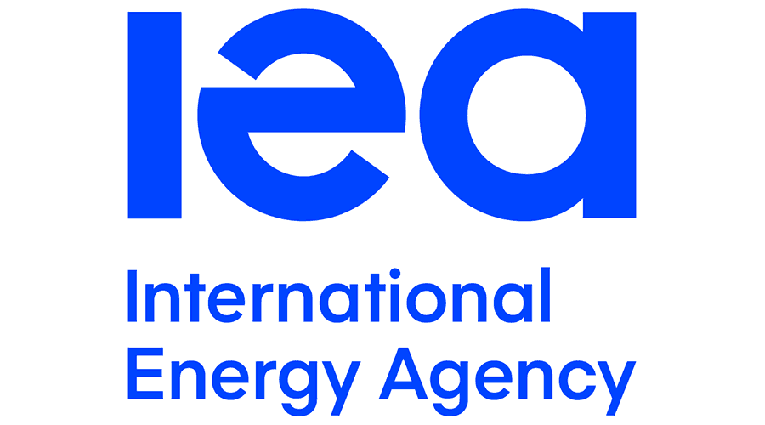IEA, the International Energy Agency, said that oil demand will continue to be slow and inconsistent through the rest of the year; as it has abruptly reversed its bullish course during July, due to the spread of Delta, the new Covid-19 string.
Firstly, the Agency noted in its energy outlook report: “Growth for the second half of 2021 has been downgraded more sharply; as new COVID-19 restrictions imposed in several major oil consuming countries, particularly in Asia, look set to reduce mobility and oil use.”
Secondly, the Agency notes that “demand fell in July as the rapid spread of the COVID-19 Delta variant undermined deliveries in China; Indonesia and also other parts of Asia.”
Thirdly, the Agency calculated the demand decrease in around 120,000 barrels per day (bpd); it also predicted that growth would be half a million bpd lower in the second half of 2021; if compared to its estimate last month, noting some changes were due to revisions in data, according to Reuters.
Moreover, such outlook goes against OPEC’s forecast for 2022, that says that economic recovery will continue; and oil demand will grow substantially through 2022; the Organization even said that U.S. shale production would grow.
Also recommended for you: OPEC forecasts strong oil recovery; sees more U.S. shale for the market. Click here to read.
IEA opposes OPEC’s forecast
In addition, earlier this week, the U.S., government called OPEC for it to increase production as the current flows of oil are not enough. OPEC will hold a meeting on September 1 to evaluate the situation.
On the other hand, as we reported previously; OPEC had reached an agreement last month, to slowly restore market balance in the near term; by increasing production in a monthly basis. However, the IEA says that, if OPEC does increase production, “it might tilt back to surplus in 2022.”
Furthermore, OPEC’s agreements and forecasts for the expected oil recovery, also opposes the urgent climate action asked by international organisms; such as the IPCC, a unit of the United Nations, which said that humanity is in code red for climate change.
Finally, the IPCC called for urgent action in regards to going green energy before a true planetary catastrophe becomes irreversible. “The world oil industry is struggling to find new business models to navigate the energy transition; while still meeting sustained oil demand.” Concluded the IEA.


